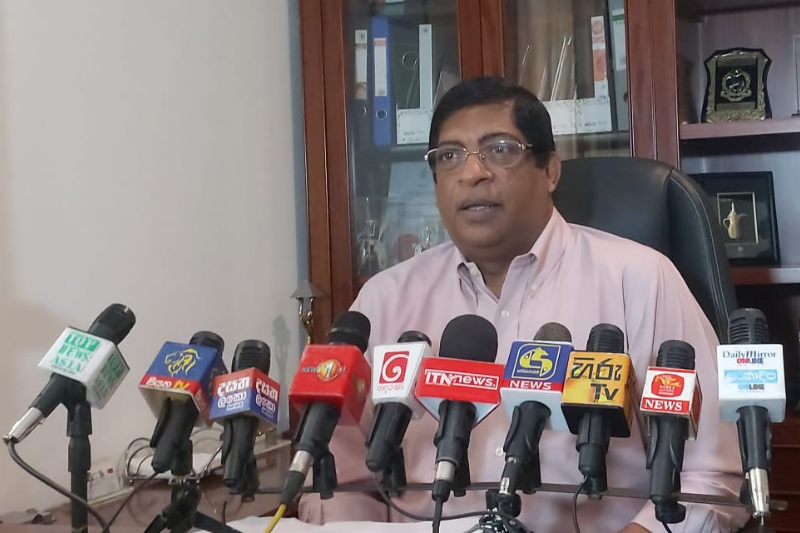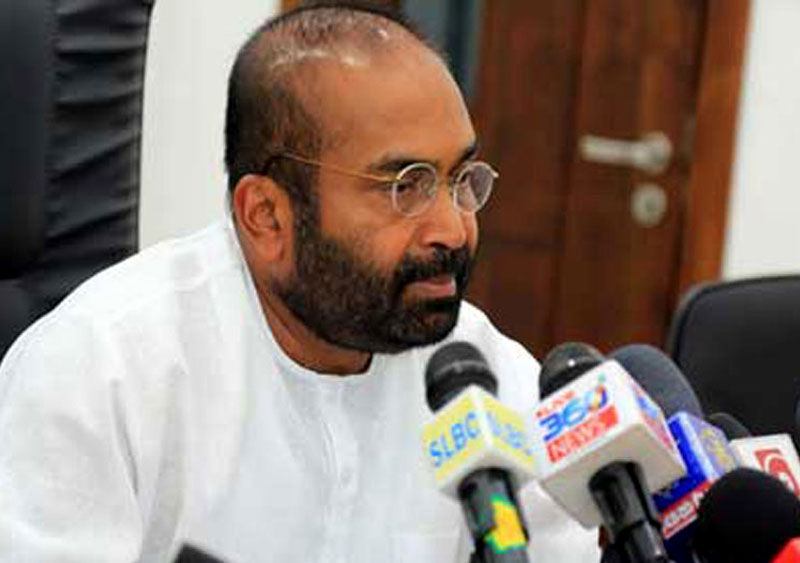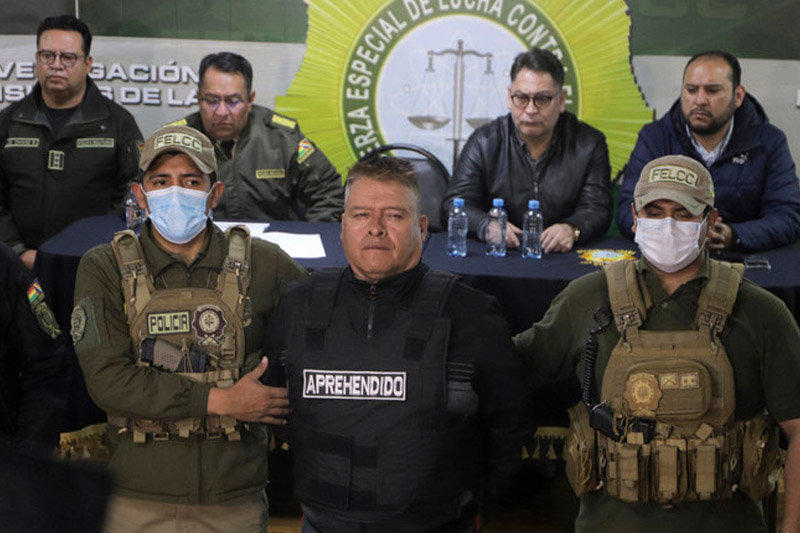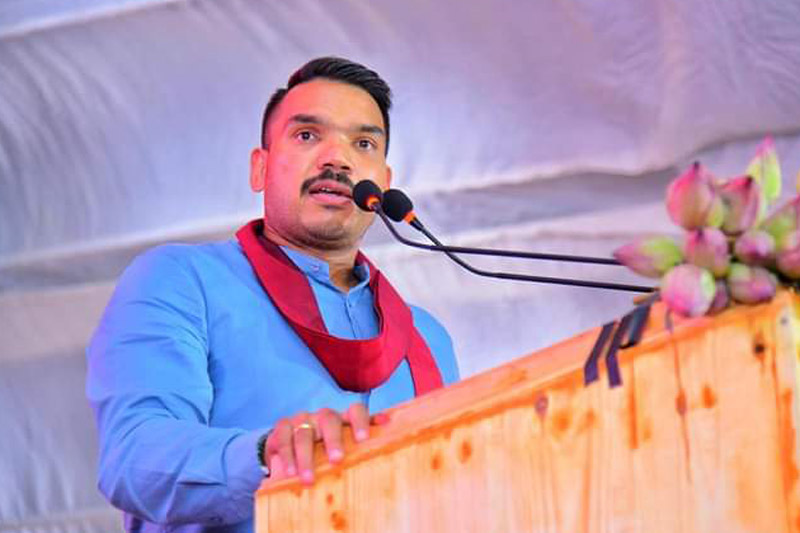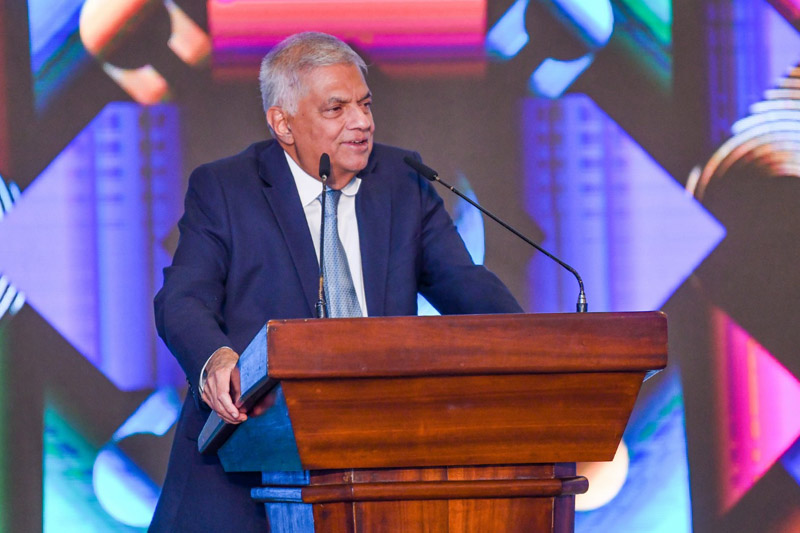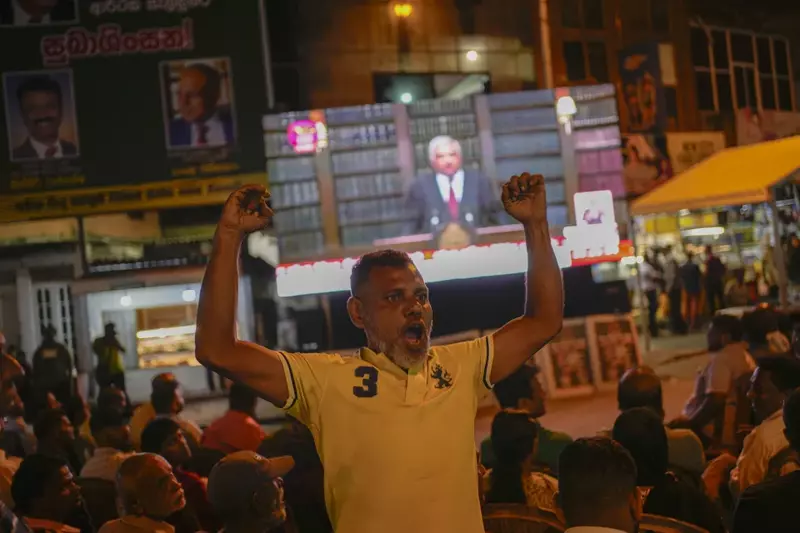Sri Lanka’s public procurement process tainted with tender mal practices and rigging by a selected group of suppliers in connivance with some corrupt officials have been causing a massive economic loss, says former finance minister Ravi Karunanayake.
He points out that fair and open competition is the best and the most transparent way to overcome the delay in Sri Lanka’s public procurement from tendering to contract of intent and award of final purchase order for all high value tenders.
"Competition among suppliers helps the government to obtain the best value for money for the procurement of the goods and services. On the other hand, when competition is curtailed, suppliers get an opportunity to engage in bid rigging in tender procedures leading to the wastage of taxpayers’ money as the government pays more than a fair price for goods and services procure," he said.
He noted that the major weaknesses noticeable in the procurement system are the extensive delays in contract awards and non-compliance to rules and regulations.
The former Finance Minister claimed that this has been aggravated by frequently changing, inconsistent guidelines, poor monitoring, inadequate knowledge and skills of officials, and institutional support at present despite the policy decisions taken at the highest level. He said that the non-availability of standard contract documents and specifications, weak contract administration etc., have resulted in huge cost and time over-run in many development projects.
Karunanayake disclosed that the complexity and technicalities characteristic in public procurement in Sri Lanka create an opportunity for agents or middlemen, as there is possibility for those acquainted with the complicated process to assist bidders in piloting the process.
"Although the proposed public procurement law is scheduled to be introduced in December this year, there is an absence of a proper legal framework at present where procedure, accountability, transparency and remedies are prominent," he added.
He observed that this process is fragmented among three layers in the government: departmental, ministerial, and cabinet levels with no mechanisms for ensuring procedural consistency, efficiency, or integrity.
"The responsibility for executing procurement is vested with secretaries of respective line ministries. Technical and bid evaluation committees are set up per the delegation of authority at the line ministry and Cabinet level.
The Cabinet Appointed Procurement Committee (CAPC) has to undertake procurements above certain limits and empower Cabinet to decide on the successful bid based on the CAPC recommendation.
Integrity risks in the procurement process are particularly high when executing agencies elect to use non-competitive procedures such as direct contracting to a pre-identified supplier or service provider and, emergency procurement
Public procurement is considered to be a major expenditure in the Sri Lankan economy, costing around USD 4.6 billion, or 24% of total government expenditures and 6.3% of GDP.
This was disbursed through more than 1000 procurement committees assisted by the technical evaluation committee’s cabinet appointed procurement committees and public contracting services.
Even under this setup, there were delays of one month to 3 years or more in procurement activities of foreign and local funded projects making timelines for award of contracts longer than it is done in any private organisation," he explained.
Classical examples of intermittent delays and irregularities in tender procedures were pharmaceuticals, e national identity cards, e-driving licenses, e-passports, coal, fuel, gas etc.
There was a 10-month delay in the procurement process for health supplies including pharmaceuticals, and the manner in which emergency purchases are made by the health ministry is under investigation.
The State Pharmaceutical Corporation (SPC) procures and supplies medicines to the ministry and to the private sector market through an open competitive tender procedure.
All expenses incurred in the purchases are advanced by the SPC from its own funds and subsequently collected from the ministry.
"Awarding mega projects or commodity tenders such as fuel and coal without competing bids and a lack of clarity in the government procurement leads to reports of large-scale corruption. It undermines competition and can push up the price of contracts, leading to a waste of scarce public resources," Karunnayake pointed out.
He added that the current reality is that speedy implementation of procurement processes means monitoring time lines for award of contracts as it is done in any private organisation.

